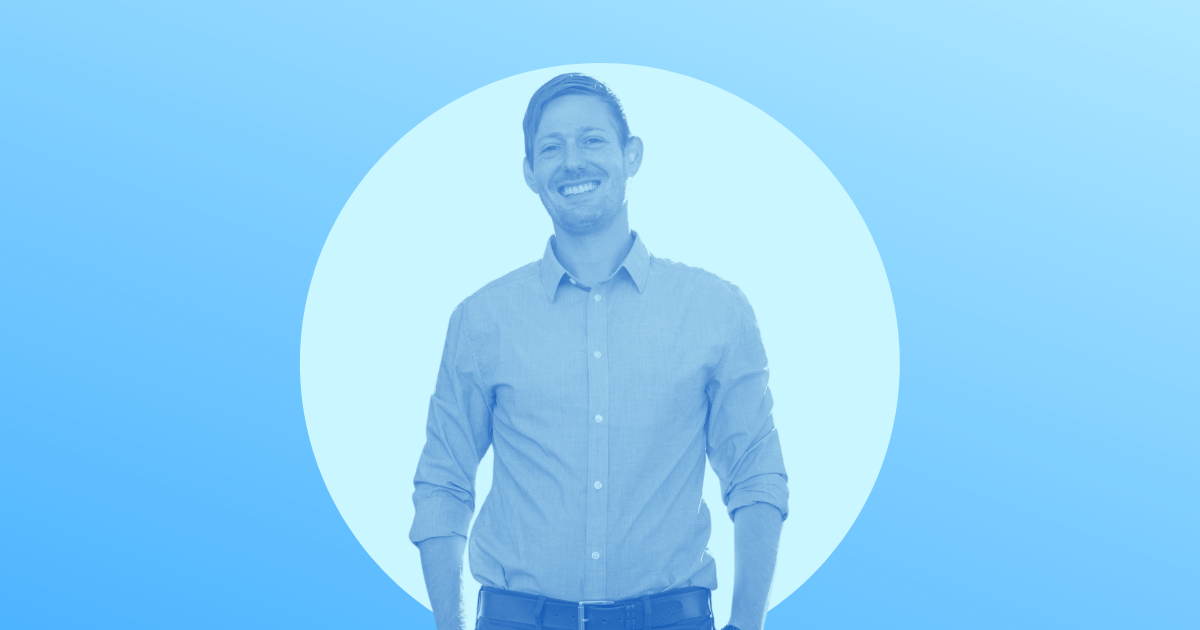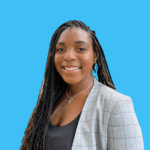Born and raised Austinite and progressive leader Ben Leffler said, watching his city change from a working class interactive community to an unaffordable hot spot gave him the push to run for public office. The Austin City Council District 9 candidate said after studying government and public affairs as an undergraduate and graduate at the University of Texas in Austin, a life in public service seemed routine.
This central urban area of the city is no strange land to Leffler, who has lived in the district for most of his life. After graduating from college, Leffler worked as an auditor for the city and investigated issues facing residents like fraud and taxpayer assets. Then in 2014, he worked as a policy advisor under Council Member Chris Riley’s office where he learned to create policies that specifically impacted his community. And more recently switched to a career in product and service design.
Nevertheless, in his race for councilmember Leffler said he’s ready to make his way back to government and that his familiar experience creating policy gives him an advantage over other candidates. The Signal spoke with Leffler on important issues he is highlighting including affordability, public safety, and infrastructure.
Why did you decide to run for this seat in District 9?
“I love my hometown, so what we’re seeing now is this really staple moment for Austin coinciding with this upcoming election. We’ve seen housing in the city skyrocket and that’s an existential threat to the city. Because if working class folks can’t afford to live here then we really lose everything that makes this city special. And I feel that very personally because my folks didn’t make a lot of money at all and they were able to raise me and my three brothers in central Austin. And that gave us access to wonderful public schools and just everything people love about Austin. And my story couldn’t happen now. So I’m running for this seat because one of the reasons why we are experiencing this affordability crisis is because we have not been proactive and plan for the growth in a way that has been effective.”
Can you speak a little bit more about the housing crisis and what are some ideas you have to fix it?
“It’s a really complicated problem and I think it’s also spoken about in very simplistic terminology like updating the Land Development code. We absolutely need to look at where we can update the code to provide more options and build more neighborhoods. I don’t think that we’re going to be in a place of a full scale rewrite right now. So we need to look for areas where we can work better as a council to find opportunities to build more in a way that is accessible for different areas of District 9. I think we also need to look to work more closely with community organizations that are housing people now. We also need to look to the business community. We have all these big companies coming to Austin and I think we need to be more forceful, proactive, and unified on how we approach them. Even working with UT to build more on-campus housing. Austin Independent School District is also starting to build affordable housing for their teachers. So there is no silver bullet approach to it, but we have not exhausted all our options. And we need to take this as a crisis, get creative and look at all the options we have.”
In terms of public safety, there has been an effort in Austin to reduce the police budget. So can you tell me where you stand on that issue and what you want to do?
“The Austin Police Department is now fully funded beyond how it’s ever been and actually due to state law it’s not possible to reduce those funds. As we think about ways to look at public safety more holistically, whether that’s mental health training for first responders looking at different ways to de-escalate situations, better training. All these things that are kind of underwhelming right now. We don’t have an option to cut the police budget at this point so how can we look throughout the city government and in partnership with the county as well to really address public safety.”
For context, in the 2021 legislative session, Texas Gov. Greg Abbott signed legislation that penalizes cities and counties who try to reduce or reallocate the police department’s budget. This “back the blue” move by Abbott was a setback for major cities like Austin, who were looking to reform police culture in the area.
But Leffler said he’s looking forward to starting conversations on other aspects of public safety. Specifically, ballot initiatives in the upcoming local elections that address banning no-knock warrants and eliminating low-level marijuana offenses.
In terms of public transportation, what is your opinion of the I-35 expansion?
“It’s a big issue, especially in Cherrywood. What does it look like? Is it displacing business? Is it displacing homes? We would be building a 21-lane wide highway through the middle of an American city in the 21st century which would take a decade to complete and that is just such a poor decision. The impact would be terrible in the short term, medium term, and in the long term, it would exasperate sprawl. We need to be moving away from reliant fund automobiles and that would just facilitate it. We need to be able to have a community that’s connected and not divided by a massive highway right through the city of Austin.”
I also saw you’ve talked a lot about climate justice. Why do you think District 9 specifically needs to work on climate initiatives right now?
“Everyone needs to do this across the council, but District 9 has so many big business, big buildings. We have creeks in District 9 and with the climate map changing as were expected, going to get hotter days and just as much rainfall which means flash flooding. So we need to be doing things to mitigate the opportunities for that, whether it’s replacing pipes, building more green infrastructure like green roofs or landscaping codes so we can absorb some of that water. Those are things that are going to impact city-wide. We’re going to have to continually assess, address, and reassess and make sure our plans for fire mitigation water and all of these things are actually keeping up with the pace of change for the environment which is wildly excellerating.”
Most importantly in all issues, Leffler said collaboration with residents, businesses, and organizations to create change is what he’s looking forward to in this next election cycle.
“We’re at this existential point where we need to make change and we need to make it quickly if we’re going to have a city where folks can actually live in,” he said. “But it’s also a great opportunity to see that we can make Austin a model city for the rest of the country.”
Election Day for this local race is Nov. 8 2022.
Kennedy is a recent graduate of the University of St.Thomas in Houston where she served as Editor-in-Chief of the Celt Independent. Kennedy brings her experience of writing about social justice issues to the Texas Signal where she serves as our Political Reporter. She does everything from covering crime beats, Texas politics, and community activism. Kennedy is a passionate reporter, avid reader, coffee enthusiast, and loves to travel.





